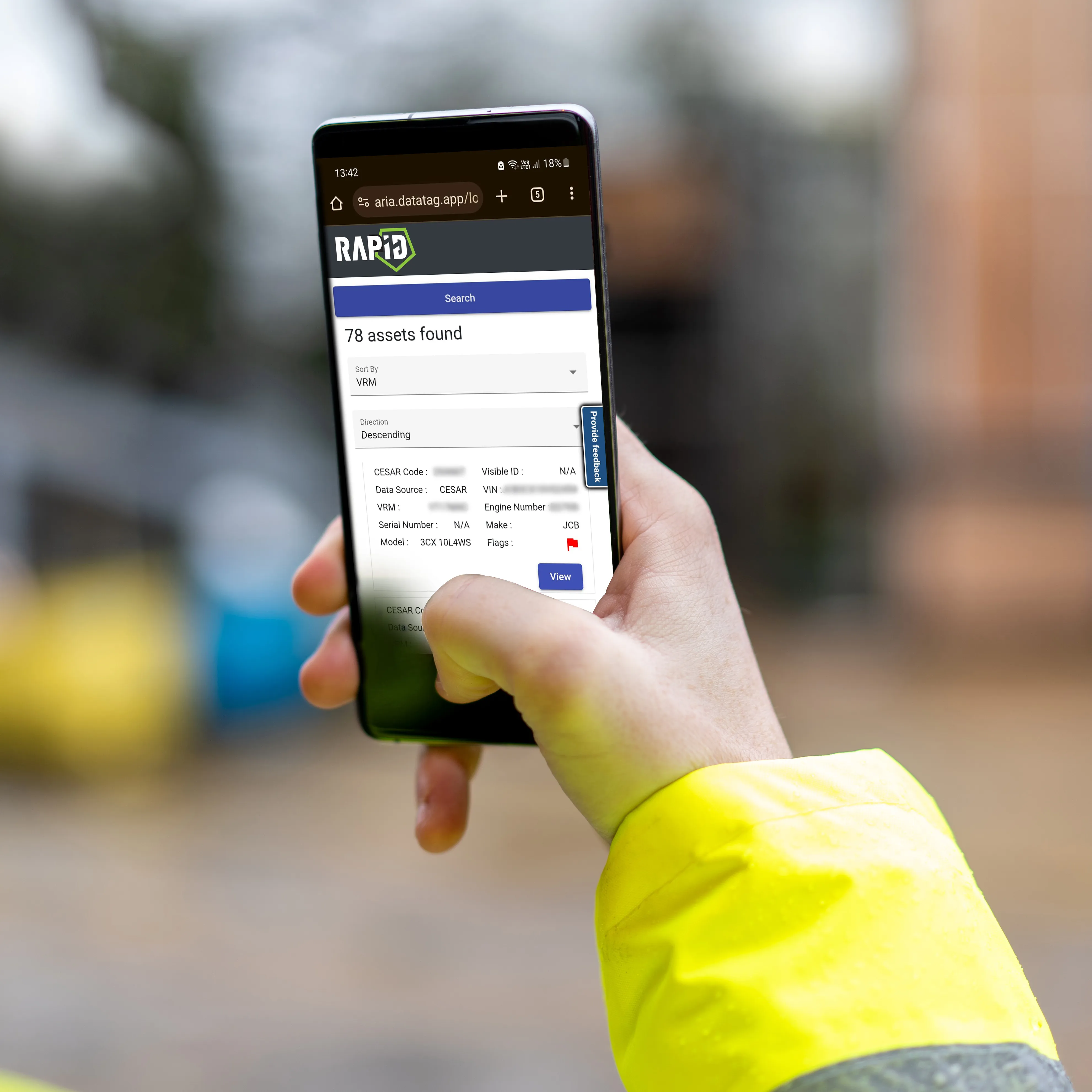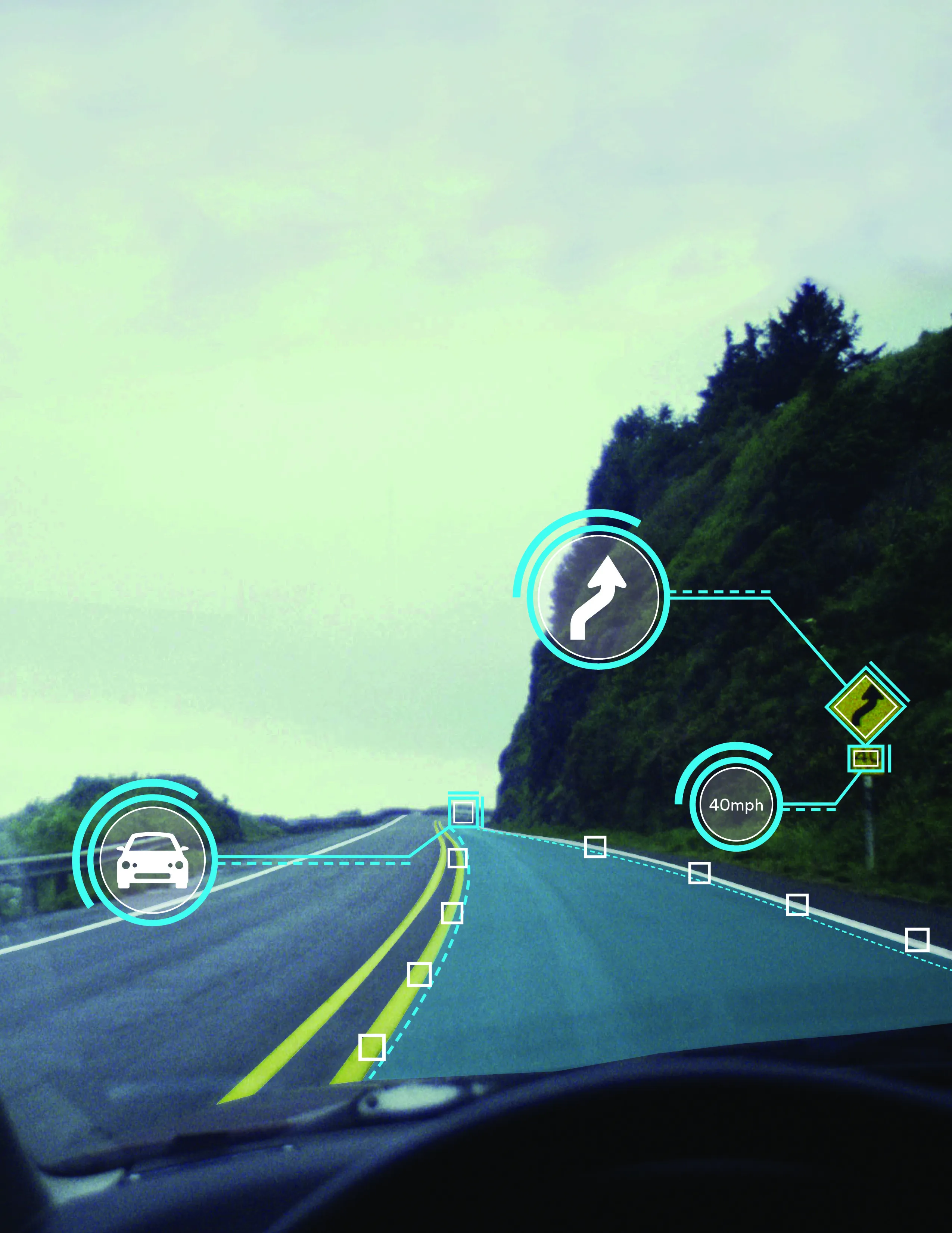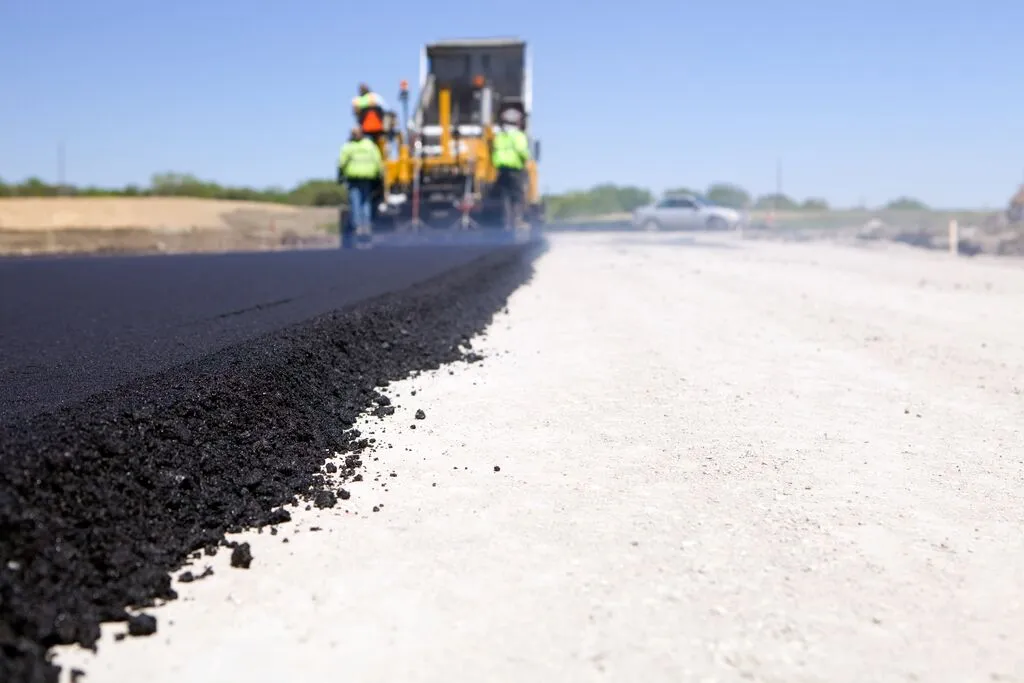
To counteract machine theft, Datatag, a partner of UK’s Construction Equipment Association's CESAR Security Scheme, has unveiled RAPID check and Ultra Tag, an RFID transponder.
RAPID stands for Registered Assets Police Information Database. Ultra Tag is an ultra-secure RFID chip that is impervious to interrogation and compromise. Its enhanced reading distance, when used with a Datatag scanner, marks a substantial improvement in identification technology.
RAPID, a web-based application, represents a year of dedicated development by the team at Datatag and consolidates data of around 625,000 construction and agricultural machines into a single, accessible platform. The database is a huge benefit for law enforcement agencies, allowing all 142,000 police officers in the UK and countless others globally to access comprehensive data with just a smartphone.
The system offers a secure amalgamation of police, manufacturer, and insurance data and by simply entering a part of a vehicle identification number (VIN) or any related number, officers can rapidly determine the status of a machine.
The Construction Equipment Association said that the CESAR Security Scheme, fast approaching a registration of 625,000 systems, has seen its most significant enhancement in 16 years with the advent of the RAPID check application.
Meanwhile, Kevin Howells, managing director of Datatag, said the innovations are not about only protecting assets, but empowering all law enforcement with the tools they need to combat theft and secure vital machinery. “Our Ultra Tag is a game-changer in RFID technology, offering unparalleled security features that are virtually tamper-proof. We believe that our new RAPID check will revolutionise the way police officers across the globe interact with and safeguard construction and agricultural machinery."







